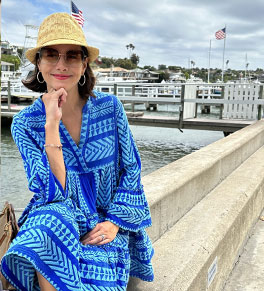Live Well Blog
Explore our blog for expert insights, tips and stories that inspire. At UCI Health, we are committed to empowering you with the knowledge and resources you need to make informed decisions about your health and well-being. Dive into topics ranging from wellness trends to breakthrough research, all in one place.








